The Benefits and Process of Dry Coconut Production
Coconut, a tropical fruit celebrated for its rich flavor and versatility, is widely used in culinary dishes, beverages, and health products across the globe. While fresh coconut has its unique place, dry coconut—often referred to as copra—offers a longer shelf life and a more concentrated flavor, making it ideal for various food and industrial applications. At our company, we specialize in providing high-quality dry coconut, ensuring that the drying process preserves its natural taste, nutrients, and versatility.
In this article, we’ll explore the different drying methods used in the production of dry coconut, including hot air drying and freeze drying, and how our custom packing solutions can meet the needs of our clients.
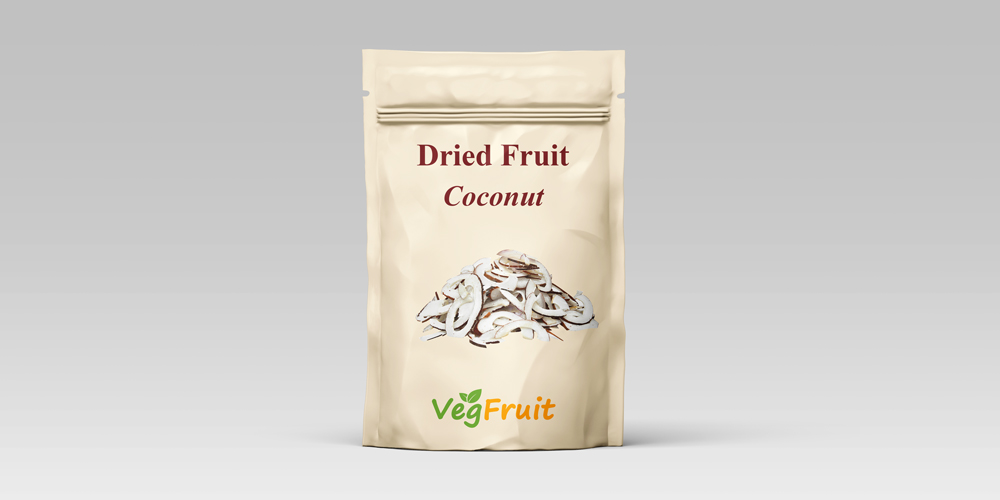
The Process of Drying Coconut
Drying coconut is a crucial step to prolong its shelf life and maintain its rich, sweet flavor and nutritional properties. The drying process involves removing the moisture content from the coconut meat to prevent spoilage, mold growth, and degradation of its quality. There are various methods for drying coconut, but two of the most popular techniques are hot air drying and freeze drying.
Hot Air Drying
Hot air drying is a traditional method that uses heated air to remove moisture from coconut meat. In this process, the coconut is sliced into smaller pieces and exposed to a flow of hot, dry air at a controlled temperature. This technique allows for the removal of moisture relatively quickly while retaining most of the flavor and nutrients. The hot air drying process is energy-efficient and cost-effective, making it a popular choice for large-scale coconut drying operations.
However, one of the challenges with hot air drying is that it can lead to some loss of volatile compounds, which are responsible for the coconut's distinct aroma and flavor. Careful control of temperature and humidity is crucial to ensure that the dried coconut retains its premium quality.
Freeze Drying
In contrast to hot air drying, freeze drying is a more advanced technique that preserves the flavor, texture, and nutritional integrity of the coconut. Freeze drying involves freezing the coconut meat and then using a vacuum to remove the moisture through sublimation—where ice transforms directly into vapor without passing through a liquid state.
This method results in coconut with a lighter, crispier texture compared to hot air dried coconut. Freeze drying helps to preserve the natural enzymes, vitamins, and nutrients within the coconut, making it an ideal choice for health-conscious consumers and those looking for a more nutrient-dense product. While freeze drying is a more energy-intensive and time-consuming process, the end product is often superior in terms of quality and preservation of taste.
The Benefits of Dry Coconut
Both hot air drying and freeze drying produce high-quality dry coconut, each with its own set of advantages. Dry coconut is a versatile ingredient used in a wide range of food applications, including:
Baking: Dry coconut adds a rich, sweet flavor to cakes, cookies, and pastries.
Snacks: Dried coconut pieces or flakes make for a nutritious and convenient snack.
Cooking: Dry coconut is often used in curries, stews, and traditional dishes in many cultures.
Coconut Products: Dried coconut is a key ingredient in coconut milk, coconut oil, and coconut flour.
Apart from its culinary uses, dry coconut also offers several health benefits. It’s a great source of healthy fats, dietary fiber, and essential minerals such as manganese, copper, and magnesium. Regular consumption of dry coconut may support heart health, promote digestion, and provide an energy boost.
Custom Packing Solutions
At our company, we understand that each client has unique needs, and we strive to meet those demands through our custom packing solutions. Whether you require specific portion sizes, packaging types, or private labeling, we offer flexible packaging options to accommodate different markets and consumer preferences.
Our dry coconut products can be packaged in a variety of formats, including bulk packs, retail-sized bags, or specialized containers, tailored to your specifications. We offer eco-friendly packaging materials to meet the growing demand for sustainable practices, and we ensure that our packaging preserves the freshness and quality of the dry coconut throughout its shelf life.
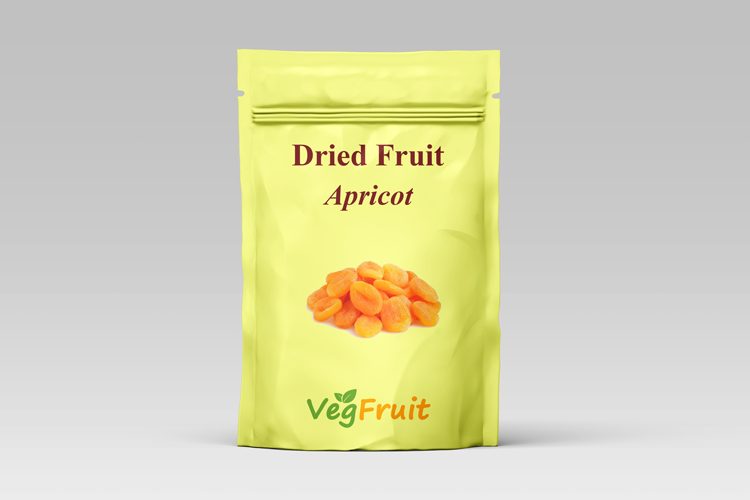
Dried Apricots
Dried apricots are a delectable and nutritious snack that encapsulates the vibrant flavor of fresh apricots while providing convenience and...
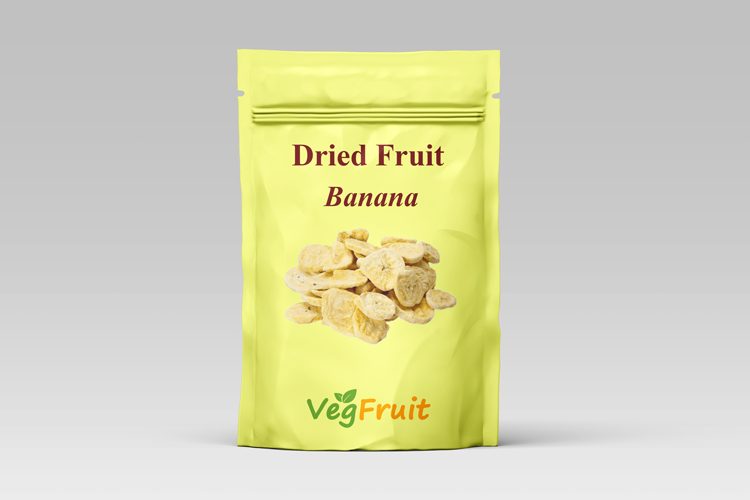
Dried Bananas
In the world of snacking and culinary versatility, dry bananas stand out as a nutritious, delicious, and convenient choice. Whether...
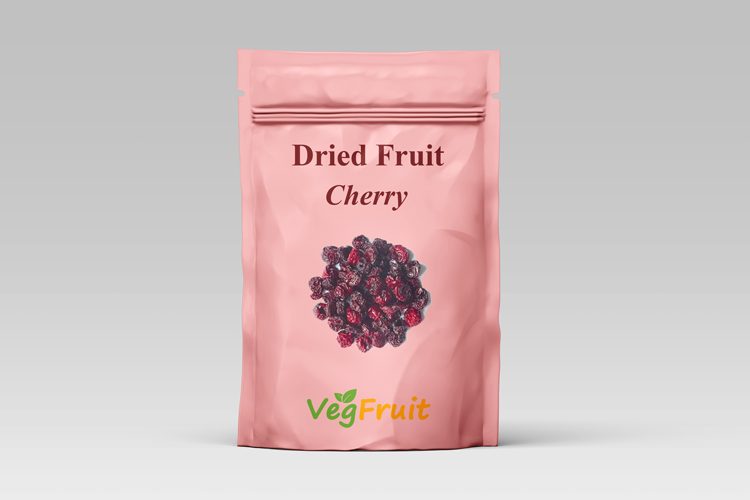
Dried Cherries
Dried cherries are a delicious and nutritious snack that captures the rich, sweet-tart flavor of fresh cherries while providing convenience...
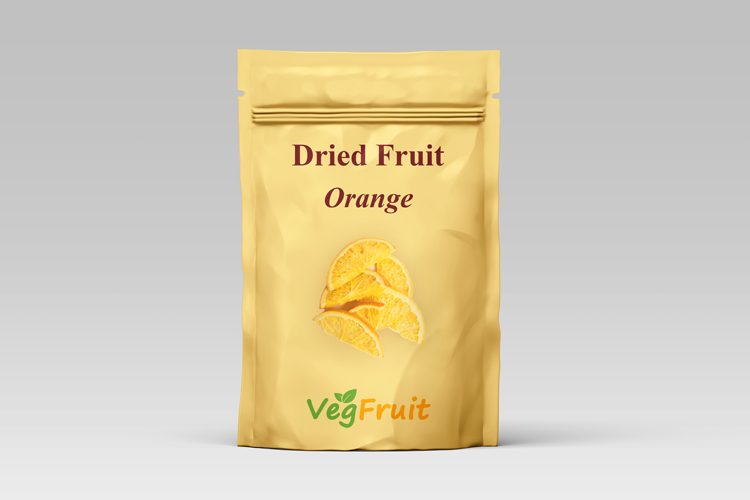
Dried Oranges
Dried oranges are a delightful and nutritious snack that captures the vibrant flavor of fresh oranges while offering convenience and...
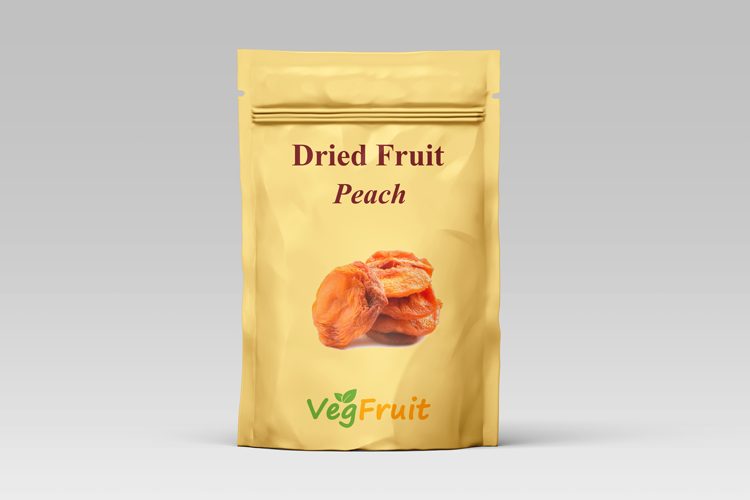
Dried Peach
The Advantages of Dried Peaches and How They’re Made Dried peaches are a delicious, nutritious, and convenient snack that brings...
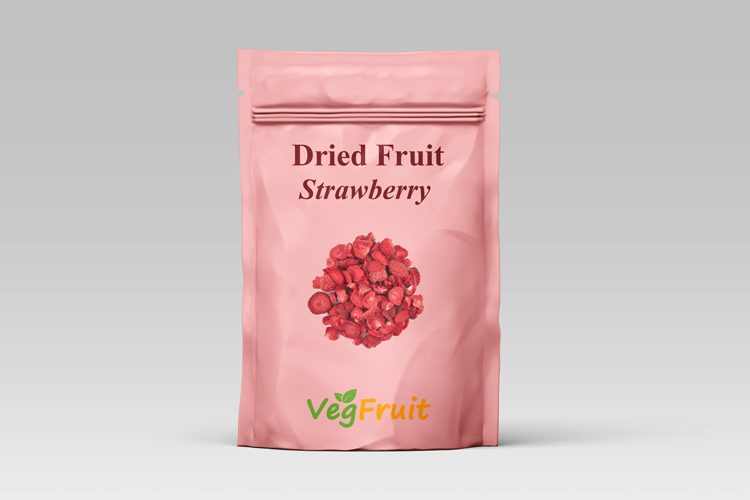
Dried Strawberries
The Benefits of Dried Strawberries: Hot Air Drying vs. Freeze Drying Strawberries, often referred to as the "queen of fruits,"...
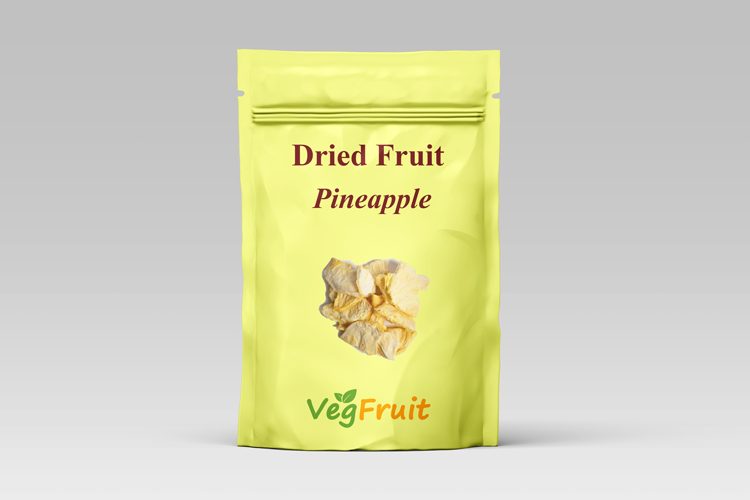
Dried Pineapple
The Benefits of Dried Pineapple: A Delicious and Nutritious Snack Pineapple, with its tropical sweetness and tangy flavor, is a...
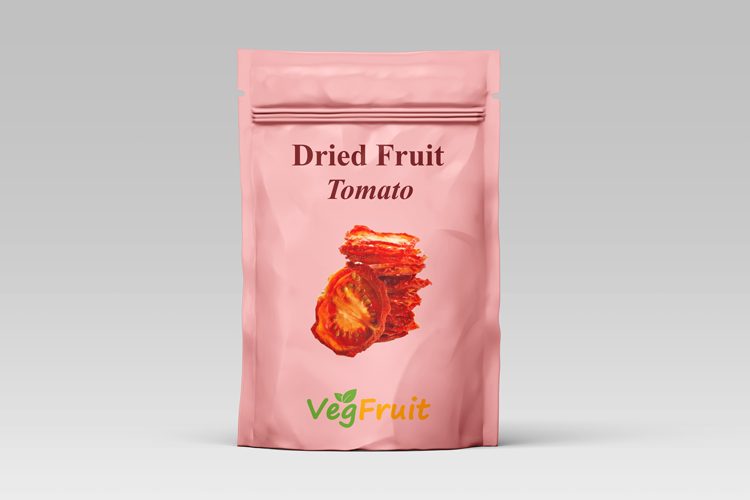
Dried Tomatoes
Dried tomatoes are a flavorful and versatile ingredient that brings the rich taste of sun-ripened tomatoes to your kitchen all...
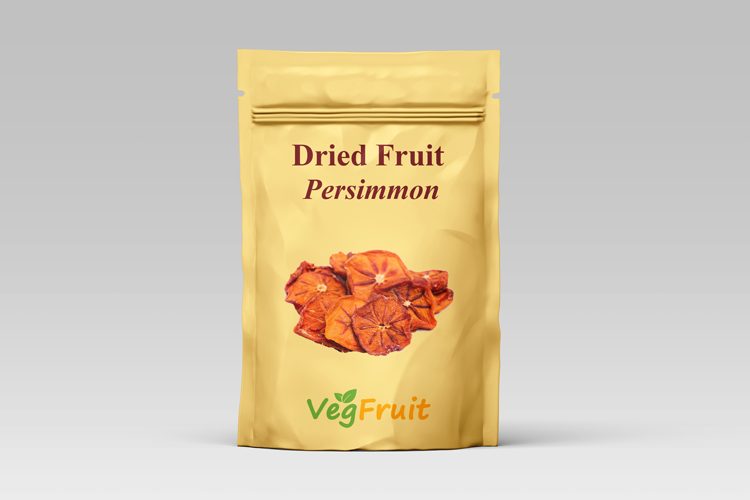
Dried Persimmons
Dried persimmons are a delicious and nutritious treat that captures the unique sweetness and flavor of fresh persimmons while offering...
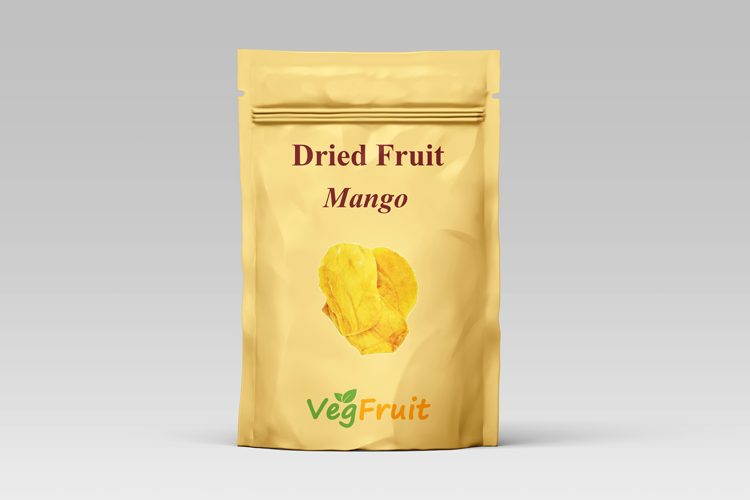
Dried Mango
Dried mango is a popular, nutrient-rich snack that captures the tropical sweetness and vibrant flavor of fresh mangoes. With its...
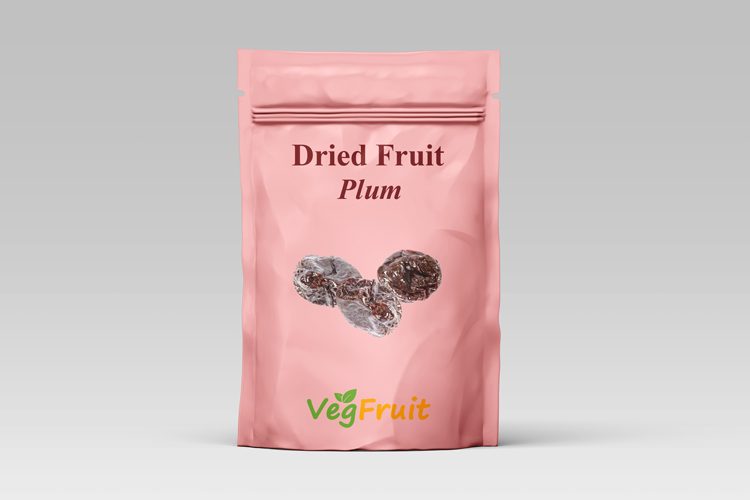
Dried Plums
Dried plums, often referred to as prunes, are a nutritious and delicious snack that offer a variety of health benefits....
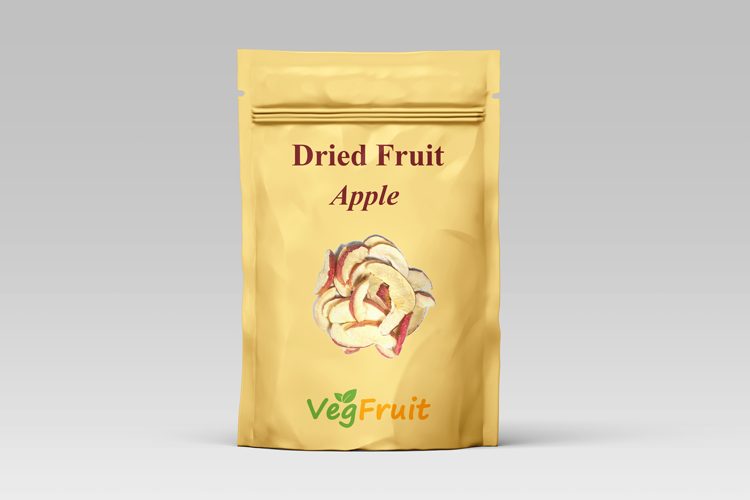
Dried Apples
The Benefits of Dry Apples and How They’re Made Dried apples have become a popular snack choice for those seeking...
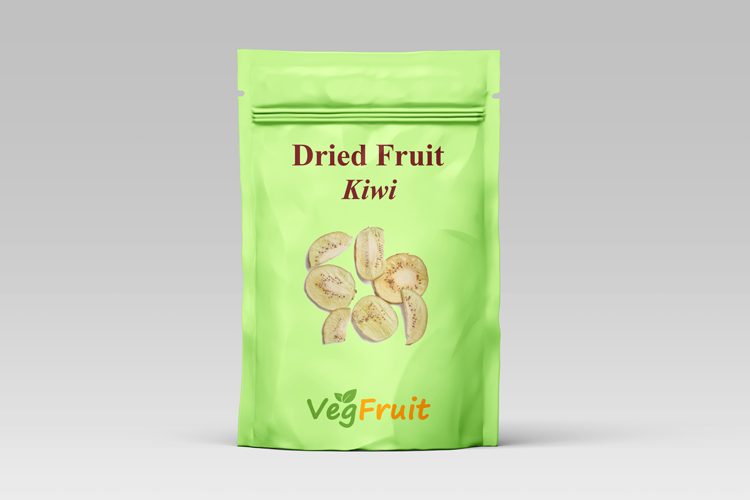
Dried Kiwi
The Nutritional Power of Dried Kiwi: Hot Air Drying vs. Freeze Drying Kiwifruit, often referred to as the “superfruit” due...

